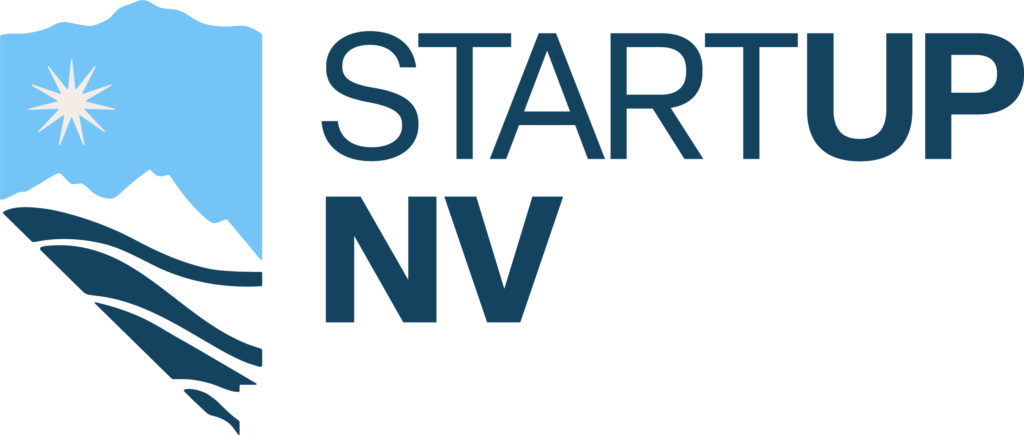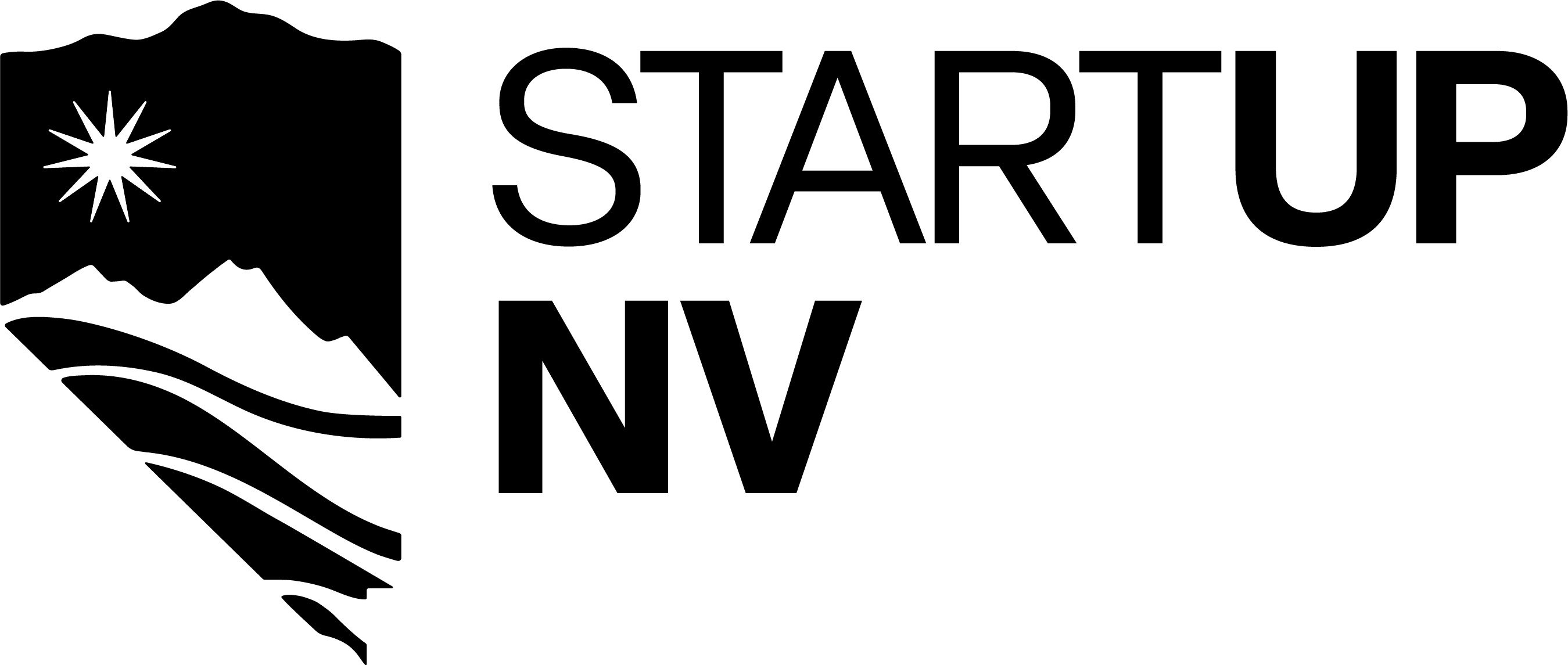Learning from Past Startups: Practical Takeaways for Modern Ventures

The first in a series of short (mostly accurate) stories from startups and the hot takes or mistakes we can glean from those that have innovated before us …
The theme of today’s post is one of the earliest lessons we are taught, and also the first sentence in my middle school typing class’s daily exercise… ‘Honesty is the best policy.’
As a business and a brand, you must practice what you preach… relentlessly. Even though we are all guilty of it, people despise hypocrites and love to expose fraud or pull the curtain back on a juicy scandal. Your relationship with your customers, employees, and investors, just like any relationship in your life, is built on trust.
Be Honest with your customers
Keep thy word, build customer trust!
One of my favorite companies to truly go the extra mile for their customers, reflecting their values of honesty and respect as key differentiators, is first up on our list.
- Zappos’ Decision to Keep Promises

Story: In 2010, Zappos, the online shoe retailer, once faced a significant challenge when a pricing glitch offered products at a fraction of their cost. Despite the financial loss ($1.6m), Zappos decided to honor all purchases made at the incorrect prices. CEO Tony Hsieh publicly addressed the mistake and reaffirmed the company’s commitment to customer satisfaction.
Result: This decision upheld and solidified Zappos’ reputation for exceptional customer service, creating loyal customers and enhancing their brand trust. The long-term customer loyalty gained from this honesty far outweighed the short-term financial loss.
Takeaway: Zappos has become a timeless case study & master class in customer service for the quality, commitment, and transparency of their culture. Zappo’s was known to be SO HONEST, that if they could not fulfill the needs of a customer’s shoe requirements, they would send them to their competitors. These are just a few examples of the commitment to customer service that Zappos is so well known (and loved) for.
* our COO just read this blog and informed me that Nordstrom was the real OG in consumer satisfaction and suggests we all read this book
-
- The Honest Company … or are they?

Story: The Honest Company, which markets itself as providing safe, eco-friendly, and non-toxic products, was accused of falsely advertising the contents of some of its goods… a few times. The company advertised that its products were “natural” when they actually contained synthetic and potentially harmful ingredients. In 2015, The Environmental Working Group claimed that Honest Company’s sunscreen failed to meet the SPF level on the label and was ineffective. Many customers also complained that they got sunburned after using the product.
In 2016, a class-action lawsuit was filed against Honest Company, alleging that it falsely labeled some of its products as “natural” when they actually contained synthetic and potentially harmful ingredients. In 2020, The Honest Company faced another lawsuit over its cleaning products, which were claimed to be “non-toxic” and “safe.” In 2021, shareholders filed a lawsuit against the company claiming they were misled about the company’s financial performance during the COVID-19 pandemic…. You get the point.
Results: The company faced several class-action lawsuits alleging false advertising and misrepresentation. Plaintiffs claimed that the company misled consumers into paying premium prices for products they believed were free from certain chemicals. In 2017, The Honest Company agreed to settle the “natural” lawsuit for $1.55 million, though the company did not admit any wrongdoing. In 2019, the company settled the sunscreen lawsuit for $7.35 million. They did not admit any liability but agreed to modify their labeling and advertising practices. Despite the lawsuits the company did continue to scale and IPO’d in 2021 at a $1.4b valuation. The scandal hurt the brand’s reputation, especially since the company built its identity around transparency and safety. However, it also led the company to take steps to improve its product formulations and transparency.
Takeaway: While The Honest Company continues to operate and has taken steps to regain consumer trust, the scandal remains a notable example of the challenges companies face when their marketing claims are called into question. This one has (so far) survived the storm, though legal battles and bad press are expensive, time consuming, and often (though, not always) avoidable. Many brands fail after losing consumer trust, especially if they don’t have a beloved celebrity and philanthropist at the helm (Jessica Alba, CEO of The Honest Company).
-
- Patagonia’s Radical Honesty, and a Radical Branding Move

Story: Patagonia, the outdoor clothing company, ran a campaign on Black Friday in 2011 with the slogan “Don’t Buy This Jacket.” The ad encouraged customers to think twice about purchasing items they didn’t need, highlighting reasons to not buy the featured jacket, as part of the company’s commitment to environmental sustainability. They acknowledged that every product they make has a negative impact on the environment. This was an extremely bold and counter-intuitive marketing move, but one that succeeded and resonated with their loyal customer base. Patagonia has a great reputation for being true to its mission, honest, and good for customers & the planet.
Result: This honest approach resonated with consumers, leading to increased sales and solidifying Patagonia’s brand as one committed to environmental causes. The campaign’s honesty helped build long-term loyalty and respect among customers. The campaign also helped bring in $10m in Black Friday revenue, which they donated to environmental protection groups.
Takeaway: the proof is in the pudding… or rather, in the profits. If you haven’t had a spiritual advisor, mirror-selfie opportunity at a brand activation, or an embroidered pillow tell you this lately, here is your reminder… BE TRUE TO YOU! (and your brand)
Founders: Be Honest with your investors
Investors: you can trust… but VERIFY (and you be honest, too!)
-
- Theranos: The ultimate cautionary tale

Story: Elizabeth Holmes founded Theranos with the vision of revolutionizing blood testing with a device that could run a wide range of tests using just a few drops of blood. Theranos attracted high profile investors and its product was touted as a revolutionary breakthrough, being valued at $9 billion at its peak. However, as the company grew, it became increasingly clear that the technology didn’t work as promised and internal reports and whistleblowers revealed that the tests were often inaccurate. Despite these issues, Theranos continued to promote its technology and deceive both investors and the public.
The turning point came when investigative journalists, notably John Carreyrou of The Wall Street Journal, began digging into the company’s practices. Carreyrou’s reporting exposed the discrepancies between what Theranos claimed and what was actually happening behind the scenes. This led to increased scrutiny from regulators, including the Centers for Medicare & Medicaid Services (CMS) and the Securities and Exchange Commission (SEC).
Result: With thorough investigation, CMS uncovered Theranos’ shortcomings and major violations in the company’s lab. Holmes continued to fund and promote the company despite growing concerns from employees, investors, and regulators. She failed to pivot or address the fundamental issues with the technology. Walgreens and other partners working with Theranos ultimately sued the startup, leading to the company’s eventual collapse and Holmes’ indictment for fraud.
Takeaway: Investors, actually DO Due Diligence and TEST the product. If you don’t have domain expertise, bring in someone who does to help evaluate and advise. Especially when working in a sector like health, which could quite literally be life & death (and a major liability), it is imperative to be painstakingly thorough. Founders, if you are fond of smoke and mirrors, quit your day job and join a magic show! Be honest with your investors and ask for help. Problems are much better solved than swept under the rug.
-
- Slack: Acknowledging a Failed Game and Pivoting

Story: Slack, initially a gaming company named Tiny Speck, was struggling with its first product, a game called Glitch. The game was not gaining the necessary traction, and it became clear that the company was headed toward failure. Tiny Speck’s founder, Stewart Butterfield, was honest with his investors about the challenges and the need to pivot away from the game.
Result: The investors, who appreciated Butterfield’s honesty and track record, continued to support the company financially. This allowed Butterfield and his team to polish their internal communication tool into Slack that would go on to become one of the fastest-growing business software startups ever. The honesty about the game’s failure and the subsequent pivot saved the company and led to massive success.
Not a founder but interested in learning how to pivot in 5 minutes or less? Click here
Takeaway: Once you have investors… they’re invested. Lying or avoiding communicating challenges and realities only makes things worse. Hopefully you have good strategic investors, perhaps with relevant experience or great networks, and even if they are silent and hands-off (which can also be a positive), they want you to succeed and they are quite literally invested in your doing so. One of the quickest and surest ways to piss off your investors is to go radio silent, be unresponsive, or dodge supplying meaningful updates and realities. This may come as a surprise, but you are not the first founder to struggle, to over-project your traction, to misunderstand or misjudge a key piece of the market’s needs. Market dynamics and other factors outside your control can change at the drop of a hat, and the ability (and humility) to pivot is a necessary skill. I’m personally a big fan of checking in, at least on a bi-annual basis, with the 3 P’s: Punt, Pivot, or Proceed. This could be for the company in general, a product in development or on the market, or a marketing campaign. Take inventory, analyze, and make a decision. You can only swim upstream for so long before you drown.
This leads easily into our last lesson in honesty…
Be honest with yourself – a failure to pivot (or punt) can be far more detrimental than a failure to launch… know when to call it quits. You can best do this by listening to your customers, not just yourself. One of the most difficult pills to swallow for a founder is that brilliant idea you are SO passionate about, and understand the problem so painfully, may not matter to anyone else… or at least not a big enough market to return your life savings and/or investors’. Failure is part of the startup game, though how expensive the lesson of failure is has quite a range. You want to fail for the right reasons, and maintain relationships, core talent, and investors for your next venture by having built trust and did your (honest) damndest along the way. The more customer discovery & research you can do before & during launching new products, the better shot you’ve got!
Go ahead, type this 10 times fast: honesty is the best policy, honesty is the best policy, hoensty is the beest policy…
By Madeline Feldman, VP of Southern Nevada

Learning from Past Startups: Practical Takeaways for Modern Ventures Read More »





